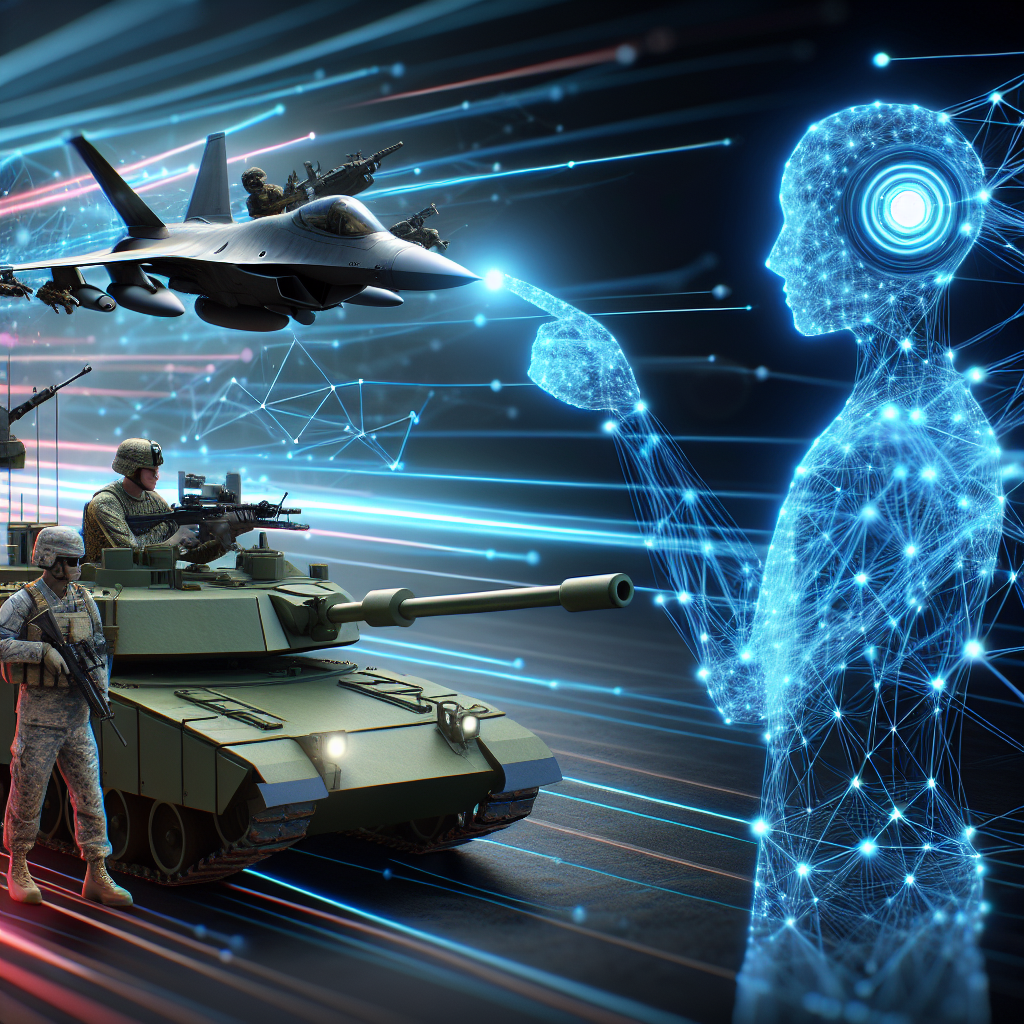Artificial General Intelligence (AGI) is a rapidly advancing technology that has the potential to revolutionize various industries, including the military. AGI refers to a type of artificial intelligence that can understand, learn, and apply knowledge in a way that is similar to human intelligence. In the context of the military, AGI has the potential to enhance decision-making, improve operational efficiency, and provide a significant advantage on the battlefield.
In this article, we will explore the role of AGI in national defense, examining how AI technologies are being used in the military and the potential implications for future warfare. We will also address some frequently asked questions about AGI in the military.
The Role of AGI in National Defense
The military has long been at the forefront of technological innovation, and AI is no exception. In recent years, there has been a growing interest in leveraging AI technologies, including AGI, to enhance military capabilities and address emerging threats.
One of the key areas where AGI is being used in the military is in autonomous systems. These systems can perform a variety of tasks, from surveillance and reconnaissance to target acquisition and engagement. By using AI algorithms, these systems can make decisions in real-time, without human intervention, and adapt to changing situations on the battlefield.
Another important application of AGI in the military is in the realm of predictive analytics. By analyzing vast amounts of data, AI algorithms can identify patterns and trends that may not be immediately apparent to human analysts. This can help military planners anticipate potential threats and develop more effective strategies for countering them.
AGI is also being used to enhance cybersecurity in the military. With the increasing reliance on networked systems and digital communication, the military is facing a growing threat from cyberattacks. AI technologies can help to detect and mitigate these threats in real-time, protecting sensitive information and ensuring the integrity of military operations.
Implications for Future Warfare
The integration of AGI in the military has the potential to fundamentally change the nature of warfare. By leveraging AI technologies, militaries can achieve a level of speed, precision, and coordination that was previously unimaginable. This can give them a significant advantage on the battlefield, allowing them to outmaneuver and outsmart their adversaries.
However, the use of AGI in the military also raises a number of ethical and legal questions. For example, there are concerns about the potential for AI systems to make decisions that could result in unintended harm or violate international laws of war. There are also worries about the potential for AI systems to be hacked or manipulated by adversaries, leading to unforeseen consequences.
Despite these challenges, the military continues to invest in AI technologies, recognizing the potential benefits they can provide. In the coming years, we can expect to see further advancements in AGI and its application in the military, as well as ongoing debates about the ethical and legal implications of these technologies.
FAQs
Q: What is the difference between AI and AGI?
A: AI refers to a broad category of technologies that can perform specific tasks by analyzing data and making decisions based on predefined rules. AGI, on the other hand, refers to a type of AI that can understand, learn, and apply knowledge in a way that is similar to human intelligence.
Q: How is AGI being used in the military?
A: AGI is being used in the military to enhance autonomous systems, predictive analytics, and cybersecurity. These technologies can help to improve decision-making, operational efficiency, and situational awareness on the battlefield.
Q: What are the potential benefits of using AGI in the military?
A: AGI has the potential to enhance military capabilities, improve strategic planning, and increase operational efficiency. By leveraging AI technologies, militaries can achieve a significant advantage on the battlefield, allowing them to outmaneuver and outsmart their adversaries.
Q: What are the ethical and legal implications of using AGI in the military?
A: There are concerns about the potential for AI systems to make decisions that could result in unintended harm or violate international laws of war. There are also worries about the potential for AI systems to be hacked or manipulated by adversaries, leading to unforeseen consequences.

